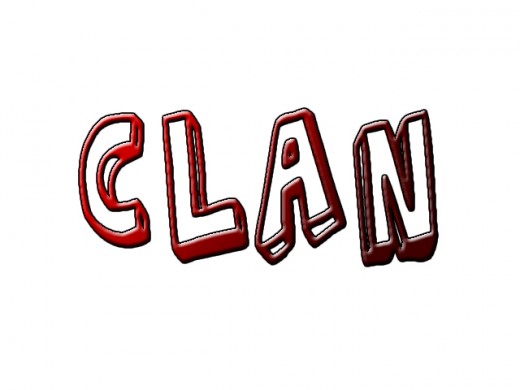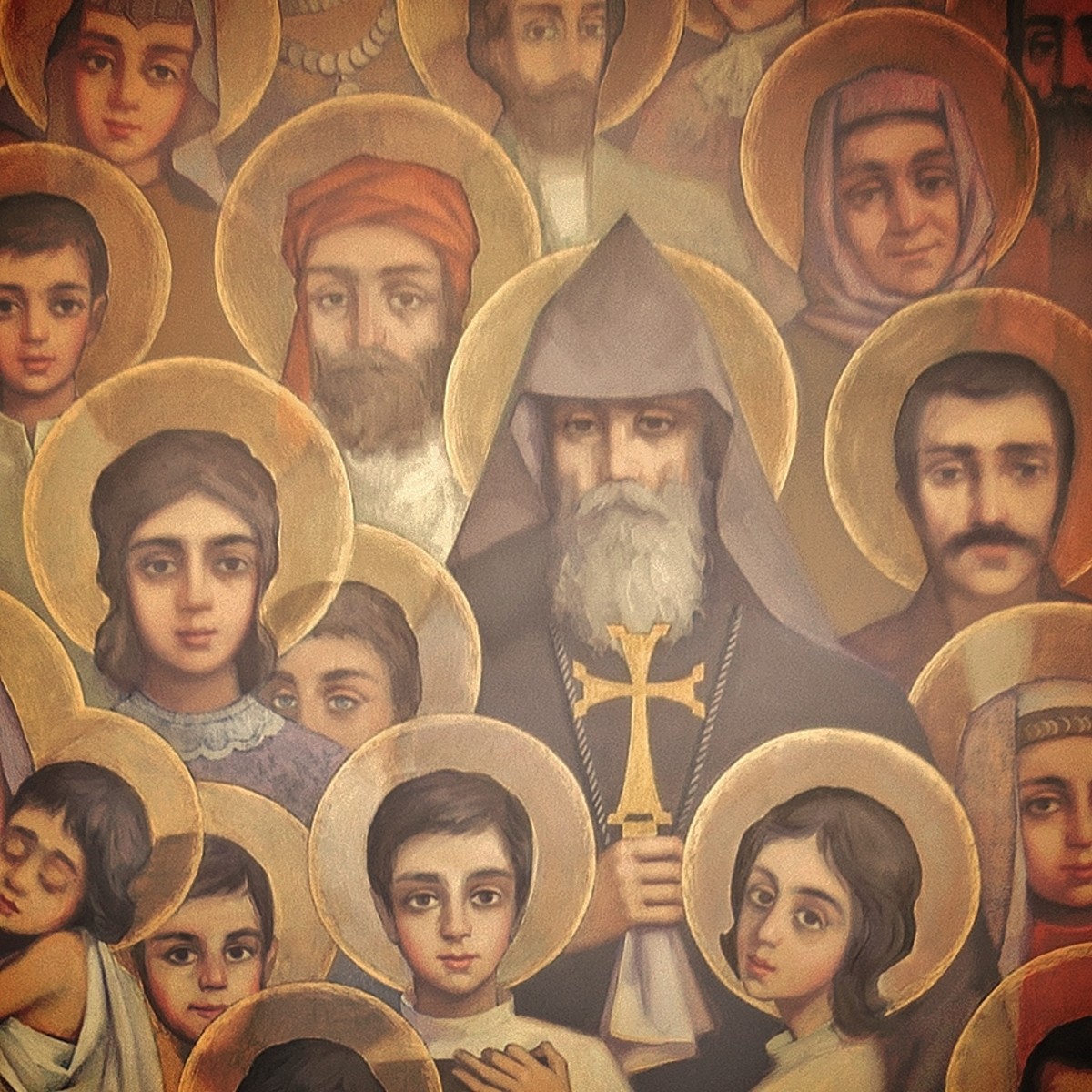What is a Clan

Clan
A unilineal descent group that claims but cannot trace their descent from a remote common ancestor is a clan. A clan is a unilineal descent group and its members have a remote ancestor who might have lived many generations back and their presence is rooted in the mythologies associated with the clan.
The blood ties are numerous and hence cannot be traced to the ancestor successfully and virtually these blood ties are even unknown. The members of the group have only a tradition of belonging to the same group rather than being able to tell just how all the members are related. In other words, clan members can only stipulate their descent but cannot demonstrate their descent. Hence clan is based on the principle of Stipulated Descent.
A lineage is a part of the clan and two or more lineages together constitute a clan. Lineages are not always the integral parts of clans just as clans are not always the composites of lineages. Some societies have clans without lineages, some societies have lineages without clans and others have clans that are sub-divided into lineages.
Patriclans and Matriclans
Depending upon the various forms of unilineal descent, clans may be classified into two broad categories - Patriclans and Matriclans.
A kinship group whose members claim but cannot trace descent from a remote common male ancestor is a Patriclan. It is based on the principle of stipulated patrilineal descent. On the other hand, a kinship group whose members claim but cannot trace descent from a remote common female ancestor is a matriclan. It is based on the principle of stipulated matrilineal descent.
Clans occur in the societies of all levels of development and complexity and in all major geographical area of the world. The examples of patriclans are the Chippewa Red Indians of United States, Nuer of Sudan and Swazis of South Africa and also in traditional China and several parts of India.
Matriclans occur in societies like Kwakiutil, Tlingit and Haid Red Indians of British Columbia, Navaho, Hopi, Zun and Cherokee Red Indians of United States, Ashanti, Tonga, Bemba and Yao of Africa and Trobriand Islands of Malanesia and also among the Nayars of Kerala, India.
Characteristics of Clans
- Clans in a majority of societies are named: In the primitive societies usually the clans are named after plants or animals or even certain natural phenomenon.
- Clans are exogamous: As the clan members are related to each other through blood, they have to select their spouses from other clans.
- Clans are characterized by common religious obligations: A clan will have its own religious affiliations. They are characterized by ancestor worship. The members, of every clan observe common taboos and cooperate in religious ceremonials. Their religion will be rationalized body of mythology and explains the origin of their clan.
- A clan, like a lineage, is a corporate group: It acts like a corporation. It may own shrines, economically valuable lands and club houses etc. According to William Stephens, a clan not only owns property but also regulates the distribution and controls the inheritance of property among its members.
- Along with being a corporate, group and a clan is also a corporate enterprise: In accordance with its corporate character, a clan may act as a unit on several occasions. Members of a clan show their solidarity by coming together on ceremonial occasions. They clan co-operate in carrying out economic activities offer socio-economic support to a needful member. Through the narration of myths the corporate character of a clan is reinforced and it identifies itself as a group set apart from others. Members of a clan have the obligation to extend hospitality and mutual aid to one another. In some societies like the Kipsigis of Kenya, the members of a clan work as an association to aid each other.
- Clans also have a legal function: A clan normally represents its members in law suits and legal matters. It also becomes responsible for the illegal acts of its members. Clans account for the conduct of their members.
- Like lineages clans are also feuding groups: A clan is not only a political unit but is also a legal instrument and a military unit. Every member of a clan is protected and aided in all sorts of hazards. In some societies a clan has its own code of laws and power to punish a member who breaks the law. This means that each clan has a government of its own, like for e.g., The Trobrianders of Malenesia and Ashantis of Africa.



